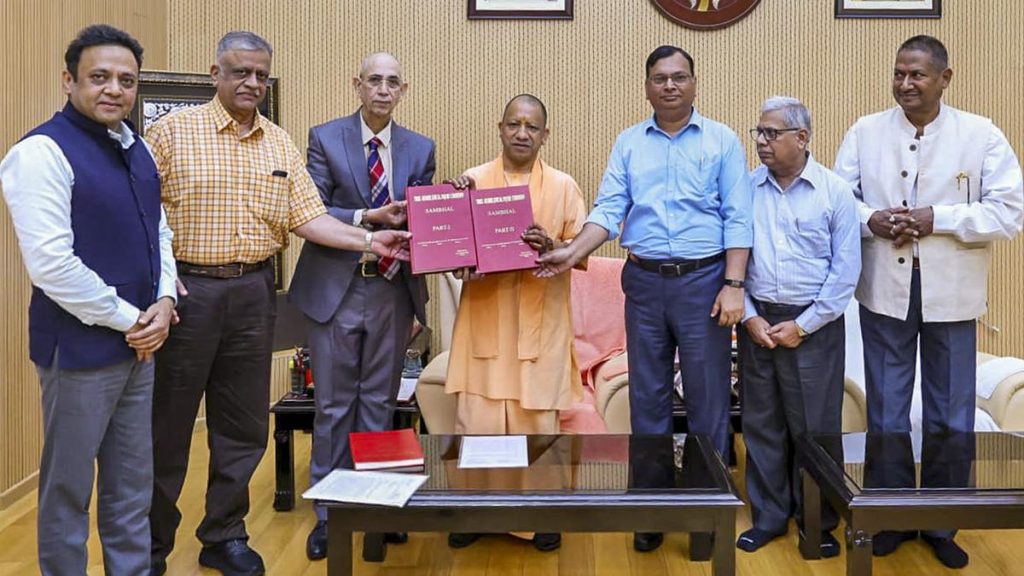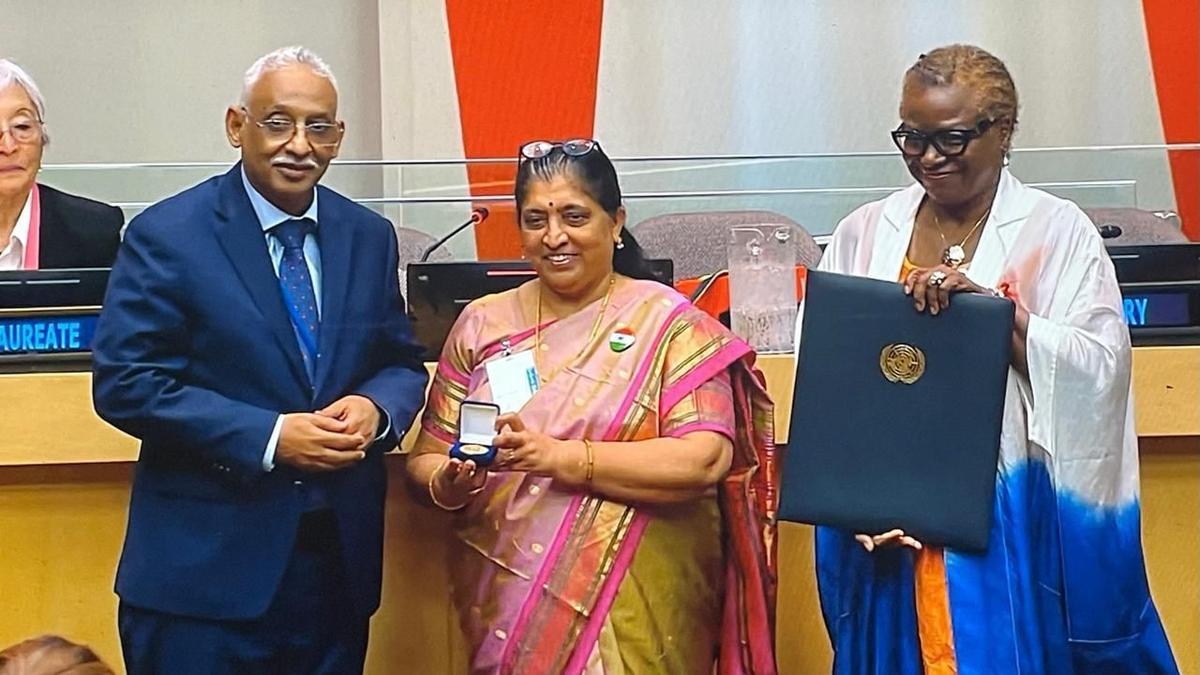Now Reading: AP Chambers Urges Restrictions on Raw Human Hair Exports to China
-
01
AP Chambers Urges Restrictions on Raw Human Hair Exports to China
AP Chambers Urges Restrictions on Raw Human Hair Exports to China

Quick Summary
- The Andhra Pradesh Chambers of Commerce and Industry Federation (AP Chambers) requested Chief Minister N. Chandrababu Naidu to stop the export of raw human hair, especially non-remy (comb waste) hair, to safeguard the domestic industry.
- Non-remy hair comprises 85% of total exports and faces issues like smuggling through countries including myanmar,Bangladesh,and Nepal to China.
- Despite a ban imposed by the Director General of Foreign trade in March 2022,illegal trade continues involving blacklisted traders.
- The Indian human hair extension and wig industry is valued at ₹8,000 crore and projected to grow to ₹30,000 crore over the next decade.
- The industry provides employment for over 10 lakh women in regions like eluru and Madepalli in Andhra Pradesh.
- AP Chambers suggested stricter measures like prohibiting raw hair exports (Code 05010010),controlling temple hair auctions for registered manufacturers/exporters only,setting up an R&D chair at IIT Chennai for human hair research,reducing import duties under bilateral agreements with certain countries,and incentivizing exports to African nations.
Indian opinion Analysis
The concerns raised by AP Chambers reflect pressing challenges for India’s human hair industry-a sector notable for its role in generating foreign exchange while empowering rural women through employment. Smuggling routes have undermined legal practices despite prior bans on exports. Stricter enforcement could ensure compliance while supporting domestic value-added processing industries.
The industry’s potential growth from ₹8,000 crore to ₹30,000 crore underscores meaningful economic opportunities if managed effectively.Suggestions such as creating dedicated R&D centers and incentivizing exports align with fostering innovation alongside sustainable progress.
Though, balancing protectionist policies with international trade dynamics will be crucial-especially under bilateral agreements where conflicts might emerge regarding tariff reductions or restrictions that affect partner nations’ interests.Read more: The Hindu
























